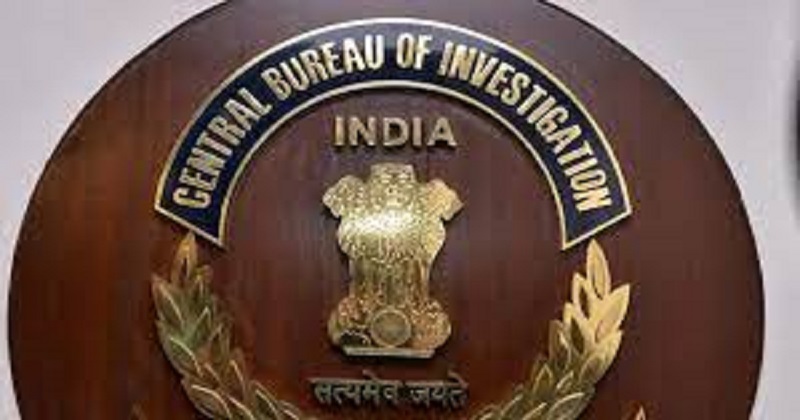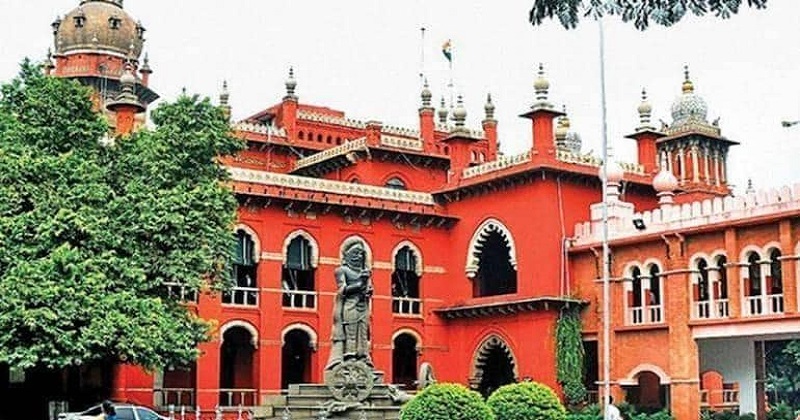
New Delhi: ‘This order is an attempt to release the caged parrot,’ said the Madras High Court Tuesday as it issued 12 guidelines for a complete overhaul of the Central Bureau of Investigation (CBI) in order to give it more autonomy and independence. Back in 2013, during the hearing of the coalfield allocation cases, the Supreme Court called the CBI a ‘caged parrot’. At the time, the BJP-led opposition had repeatedly alleged that the Congress-led government was controlling the CBI.
Judges N Kirubakaran and B Pugalendhi now argued that the premier agency needs to be modernized so that it can compete with the Federal Bureau of Investigation (FBI) of the United States and Scotland Yard of the United Kingdom. Among other things, the high court has ordered that the Centre makes a decision about making a separate Act to give the CBI statutory status with more powers and jurisdiction as soon as possible. In November 2013, the Gauhati High Court declared the constitution of the CBI to be unconstitutional. The Supreme Court is currently hearing an appeal against this decision.

The court ruled that the CBI should be made more independent like the Election Commission of India and Comptroller and Auditor General of India, noting that the CAG is only responsible to Parliament. In addition, it stated that the CBI should have a separate budget and that the Centre should ‘make the CBI independent with functional autonomy without administrative control by the Government’. Further, the court ordered the Central Forensic Science Laboratory (CFSL) to have more modern facilities and be augmented with those available to the FBI and Scotland Yard. It was in response to a petition seeking the transfer of an alleged chit fund scam involving a Ramanathapuram-based company named Bullion Fintech LLP. The Centre had opposed the transfer because of a lack of resources and manpower.
Manpower and resources must be increased
Observing that the CBI needs to expand its manpower and resources, the court noted: ‘Even though sensitive and complicated cases are being investigated or dealt with, the number of cases handled by the CBI is just equivalent to or less than a single police station in the country’. CBI must therefore take up more cases by increasing its manpower and resources. It, therefore, directed the CBI Director to submit a detailed proposal for increasing the number of divisions and wings within the CBI, and the Centre should pass orders within three months after receiving the proposal.
Additionally, the high court ordered that the director of the CBI be given the same powers as a government secretary and report directly to the minister/prime minister without passing through the Department of Personnel and Training (DoPT). Furthermore, it recommended that CBI officials and staff be independently recruited and trained in the CBI academy and abroad if necessary. The court refused to transfer the case to the CBI on 8 December last year but raised 15 questions about the agency’s resources, manpower, investigation skills and infrastructure facilities.
Read more: ‘India is paradise’: Taliban escorts Diplomats, Nationals from Afghanistan in the wee hours
After receiving the CBI’s responses to the inquiries, the court noted that the agency has ‘very limited manpower available, with 7,273 employees as of 14 December 2020’. Moreover, a proposal dated 9 September 2020 seeking a comprehensive review of the cadre structure, restructuring of the CBI, and new posts in various ranks is pending before the central government. The DoPT was therefore instructed on Tuesday to pass an order on the 9 September proposal within six weeks after consultation with other departments.

Post Your Comments